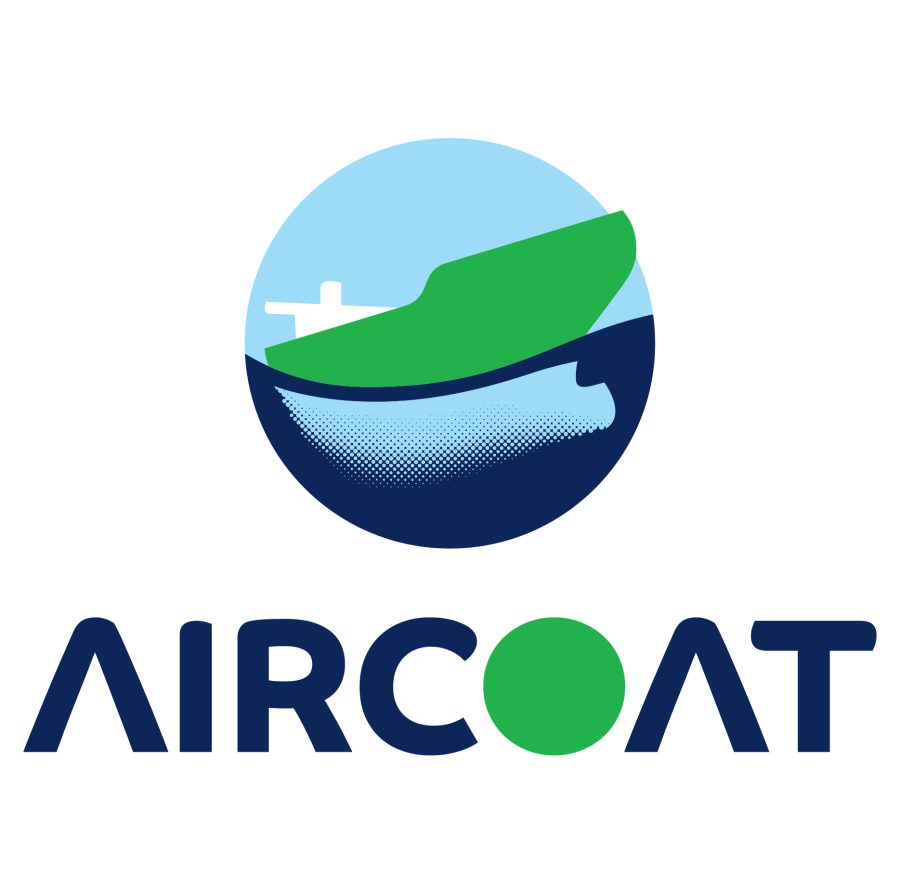Aim of the project
Development of a passive air lubrication technology that uses the biomimetic Salvinia effect to reduce frictional resistance on the ship's hull. In addition to reducing fuel consumption, the air barrier also prevents the adhesion of biofouling and reduces the emission of ship noise.
Subject of the project
Development of an AIRCOAT prototype, validated by experimental and numerical methods and demonstrated in service. If research results are positive, the retrofit technology would be applicable to existing fleets. The surface structure of AIRCOAT will be optimized by experimental and numerical methods. The results will be analyzed in order to transfer them to larger dimensions and apply them to real ships.



